
How did COVID-19 change the recruitment industry, job market and the way we recruit? Are these changes here to stay? Did COVID-19 really change the face of recruitment forever? What will the future of recruitment look like?
How did COVID-19 change the recruitment industry, job market and the way we recruit? Are these changes here to stay? Did COVID-19 really change the face of recruitment forever? What will the future of recruitment look like?
A recent coronavirus pandemic has definitely changed the recruitment industry. 💥
There are actually 3 key changes here:
Change in the hiring needs of companies
Change in the way we recruit
Changes in the job market.
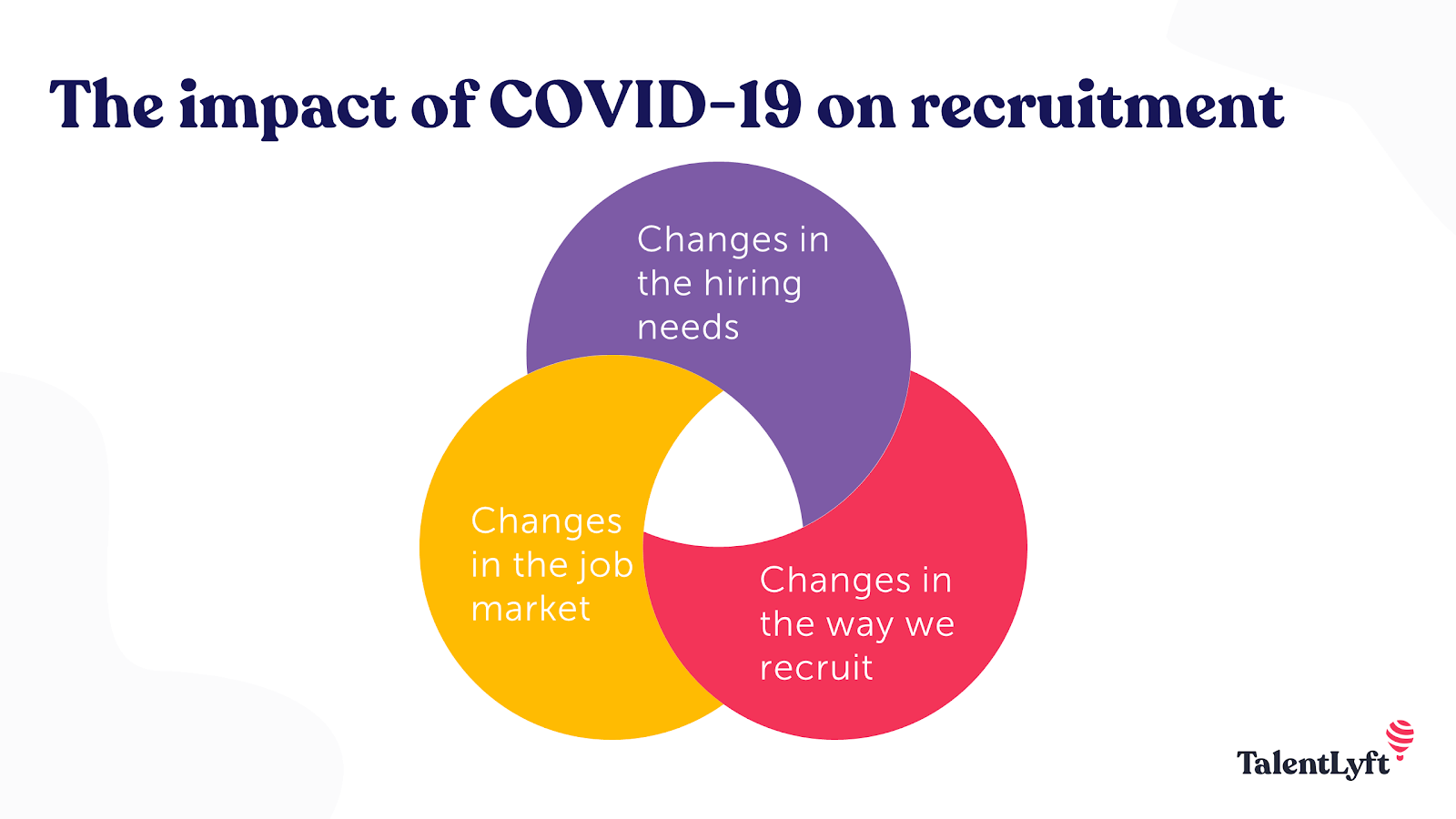
How exactly did COVID-19 change the hiring needs of companies? How did it change the way companies recruit? And what impact did the COVID-19 pandemic have on the job market? 🤔
And, more importantly, are these changes here to stay?
What effect will COVID-19 have on recruitment in the long run? Will it spark long term changes and completely change the recruitment industry and the way we find, attract and select talent? Or will we soon go back to “business as usual”?
Keep reading to find out! 🙂
🔍 How did COVID-19 change the hiring needs of companies?
First of all, COVID-19 has changed the hiring needs of most companies. However, this impact was very different for different industries. In most industries, there has been a decline in hiring, but in some, the demand for new people has soared.
Due to the lockdown and isolation policies that were implemented in countries across the world, many companies have been forced to shut or downsize. As a result, many organizations have put their recruitment on hold until the crisis ends.
So instead of hiring, a lot of companies have gone into a hiring freeze due to the uncertain future. Many have even been forced to fire their employees. There have been mass layoffs and a significant reduction in working hours across industries, especially in industries like travel and tourism, hospitality, entertainment, etc.
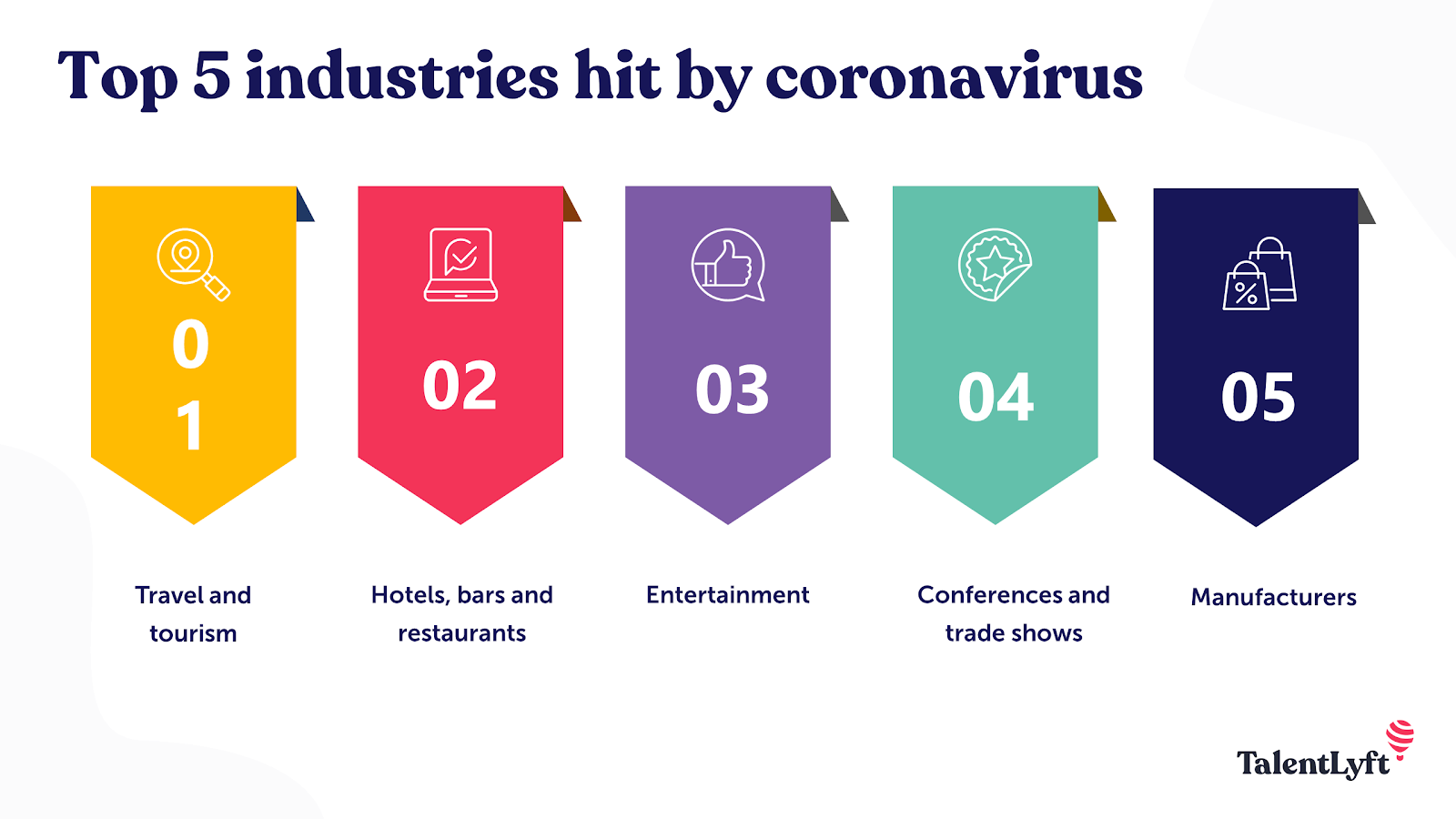
While the coronavirus has had a devastating effect on many industries and forced them to downsize their workforce, some other industries are seeing the exact opposite effect. Industries such as health care, food and pharmacy retail and supply chain industries have faced a huge sudden need for their services. To be able to satisfy that sudden increased demand in their services, these companies had to hire a lot of additional employees.
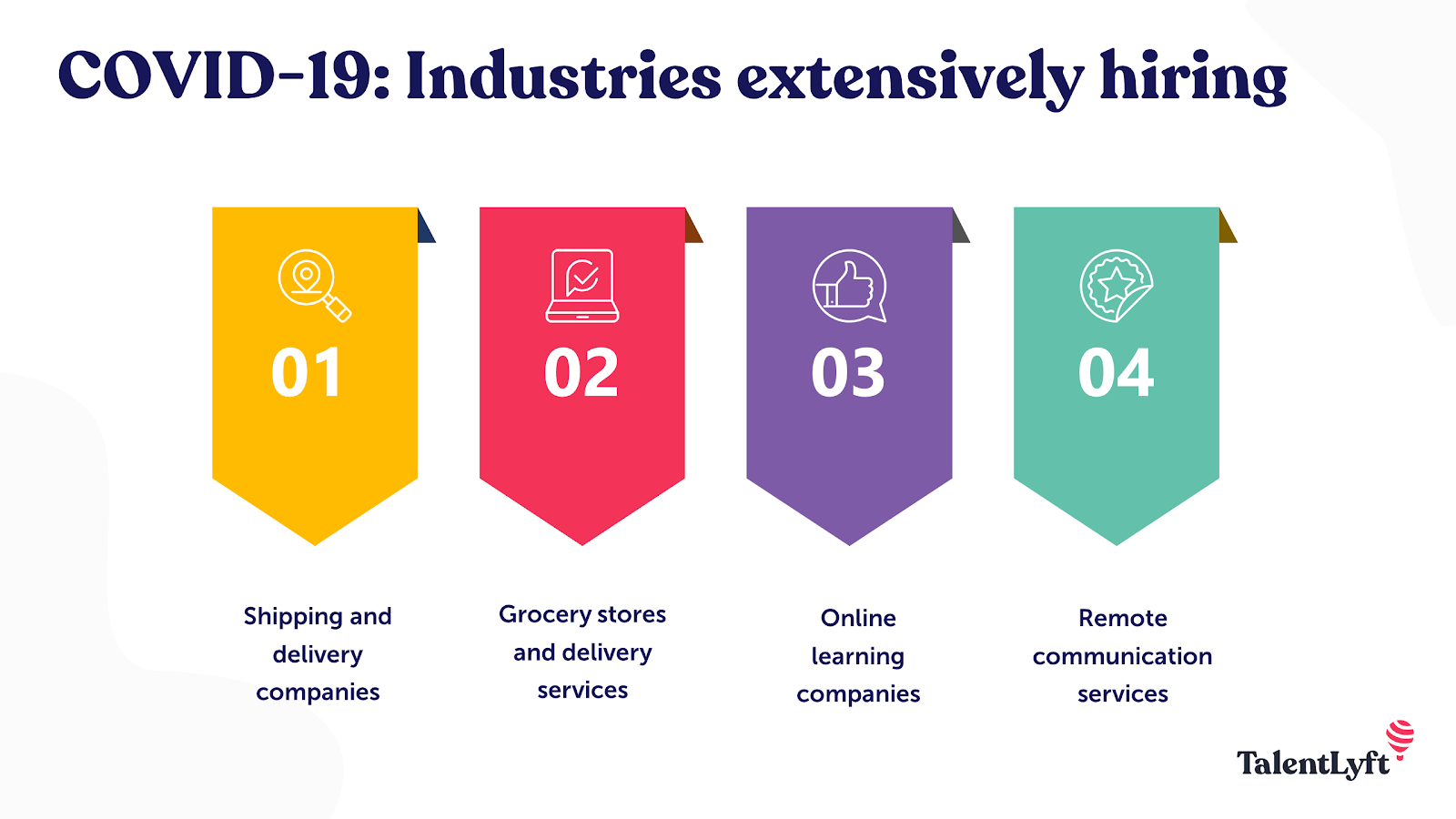
For example, Instacart, Walmart and Amazon have been hiring a few hundreds of thousands of new employees each in the middle of the COVID-19 pandemic! 😲
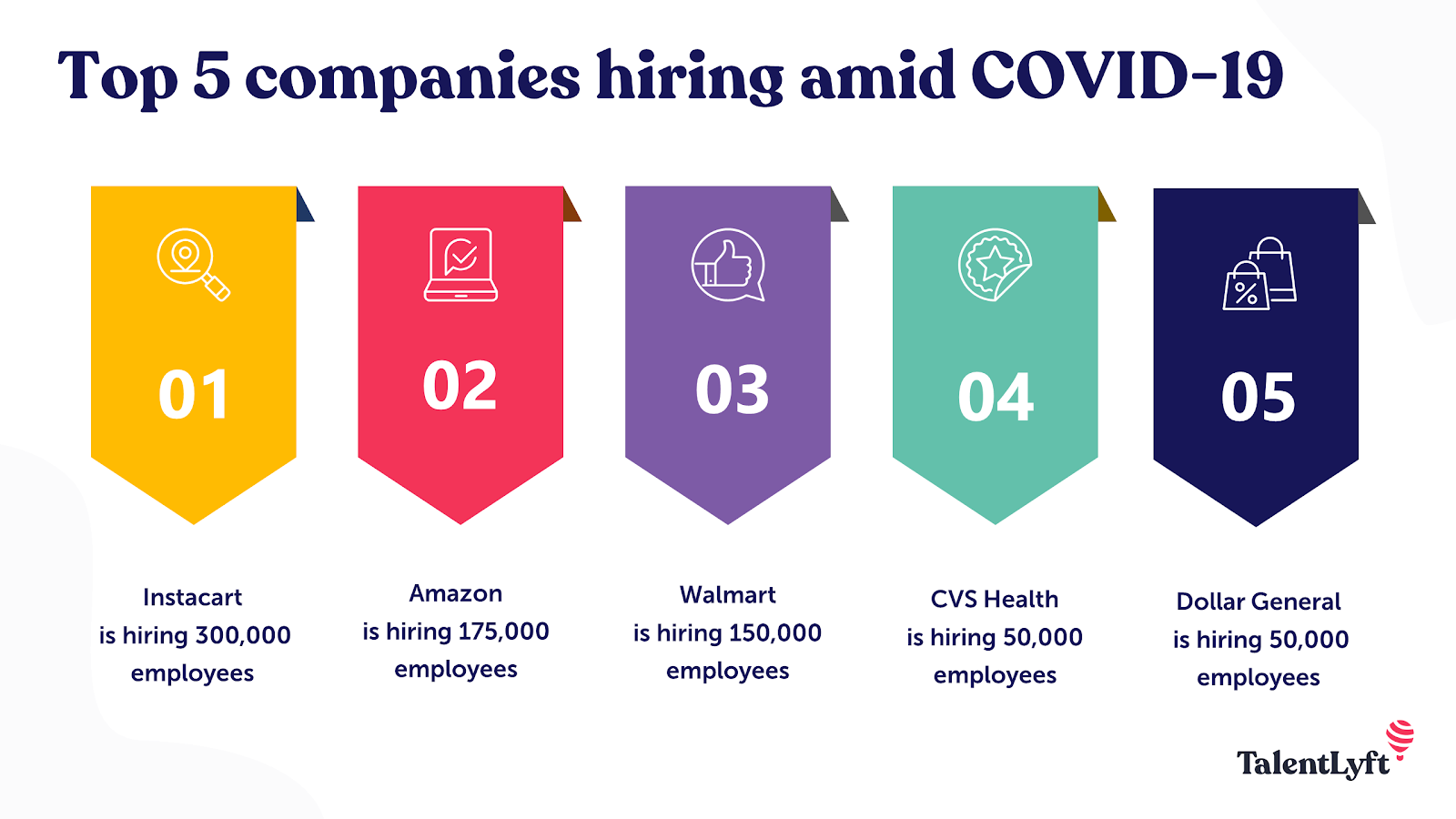
🔮 Are these changes in hiring needs here to stay?
Will we be returning to business as usual after COVID-19? Consequently, will the hiring needs of companies go back to normal any time soon?
💡 According to ManpowerGroup, 57% of organizations expect normal hiring levels to resume in early 2021.
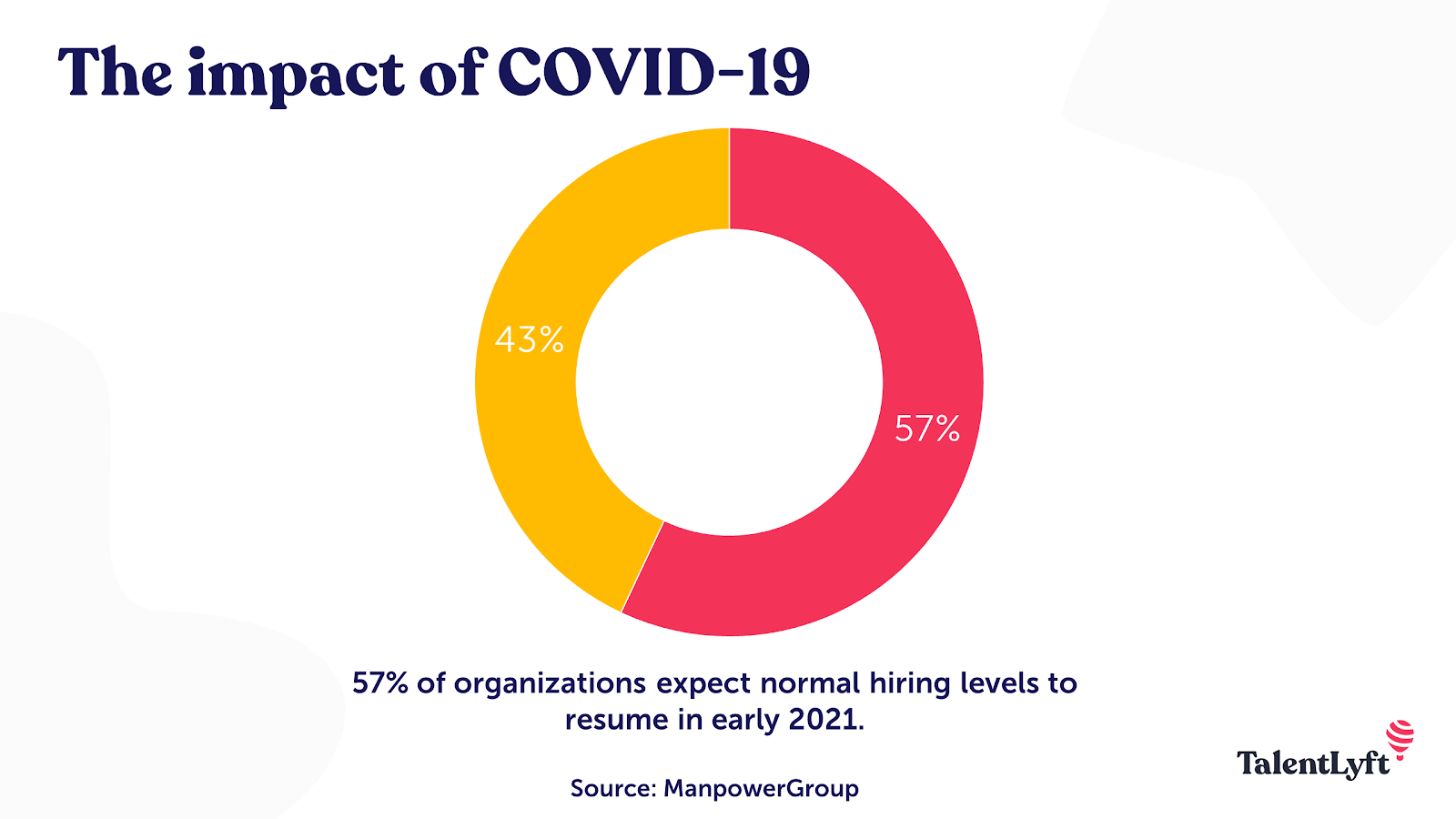
🔍 What does the current recruitment process look like?
During the lockdown, when restrictions were introduced to stop the spread of the COVID-19, companies who wanted to continue hiring had no choice but to change their recruitment processes and adapt to new social distancing norms. In order to protect the health of their recruiters and candidates, as well as their families, companies had to shift to virtual recruitment. ⏩
Shifting the whole recruitment process fully online was a huge challenge for most companies. However, some companies had to make just a few minor changes in their recruitment process. The difference between these two groups of companies was their use of technology. 💻
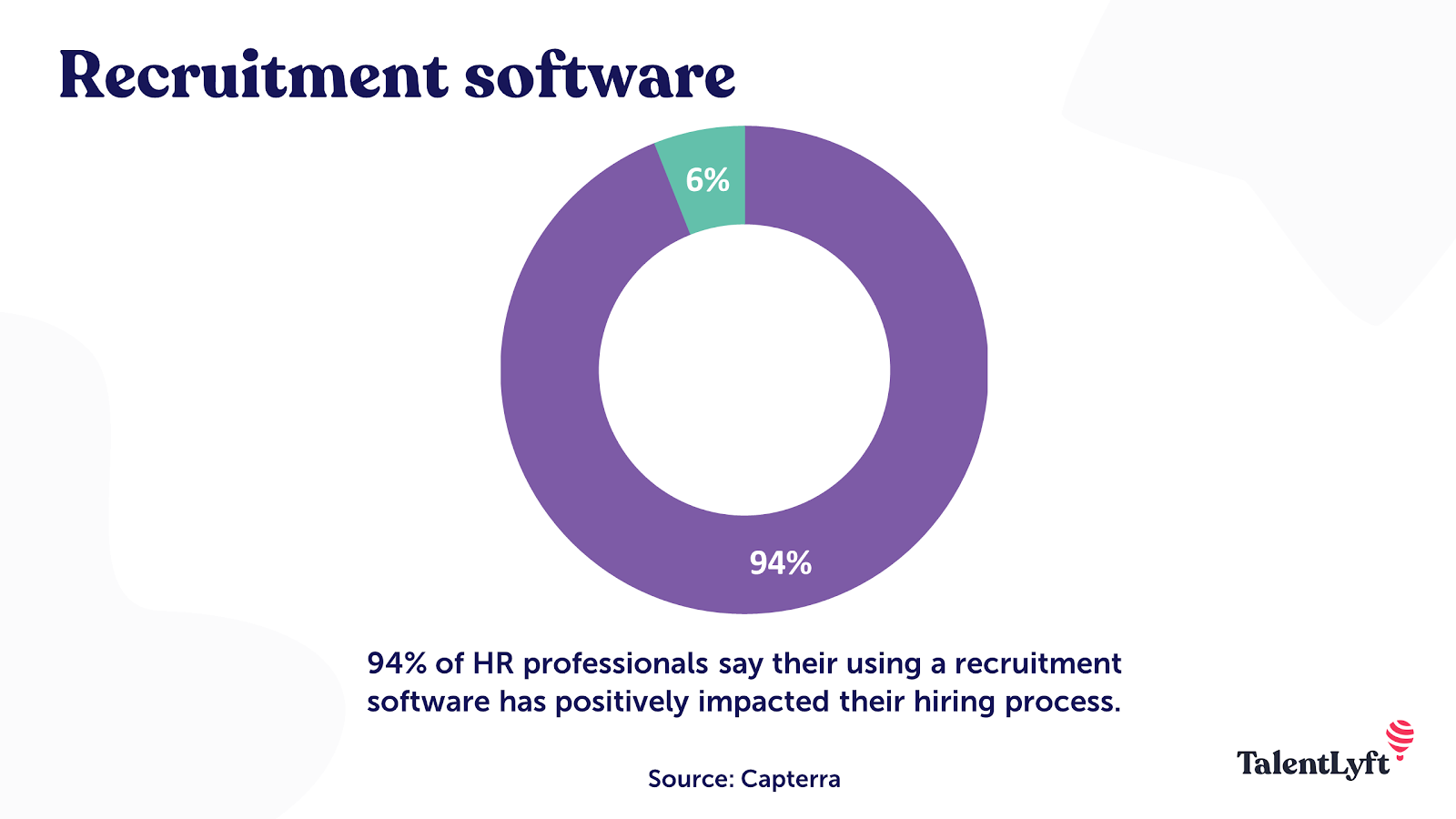
For companies that relied on an old school manual, face-to-face recruitment process, switching to fully online recruitment was a real nightmare. They were lost in a million excel tables, emails, phone calls and lacking appropriate tools to organize and streamline their hiring process. 😒
On the other hand, companies that used recruitment software prior to the COVID-19 were able to adapt quickly and easily and their transition to a fully virtual recruiting was a smooth sail. Most of them just replaced face-to-face interviews with live video interviews, while the rest of their hiring process remained the same as it was before the COVID-19.
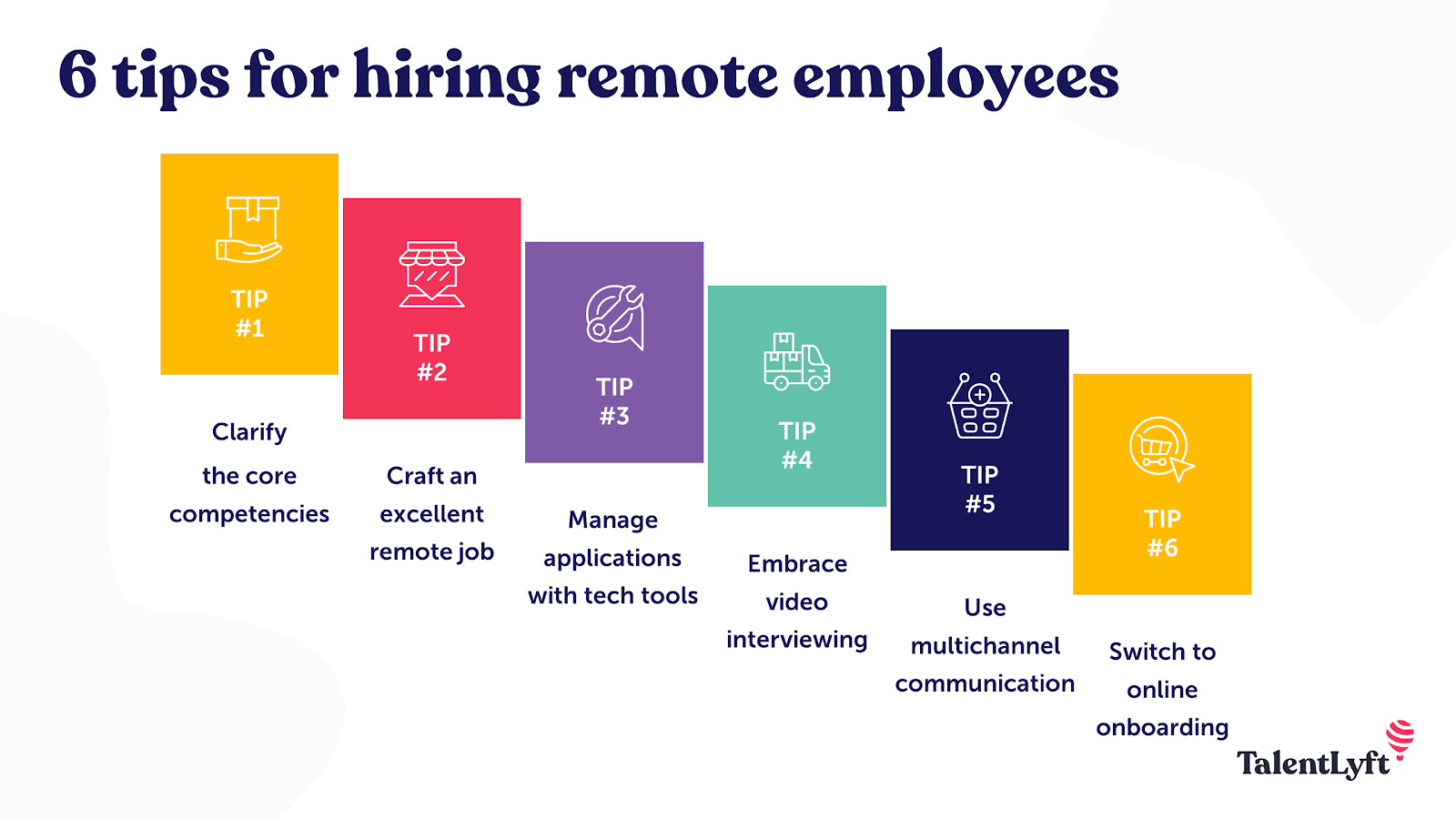
🔮 Are these changes in the recruitment process here to stay?
So technology that’s reliable was a key to a successful transition to remote recruitment. Although the pandemic posed a huge challenge for most companies, I believe that when it comes to the way we recruit, the COVID-19 has brought on some positive changes as well. The pandemic has helped many companies innovate and modernize their recruitment process.
In my experience, once companies start using recruitment software, they never want to go back to their old way of hiring. They come to experience the real benefits of what these tools bring to the table very quickly. Virtual hiring assisted by effective recruitment software significantly improves the hiring process, making it shorter and cheaper for employers.
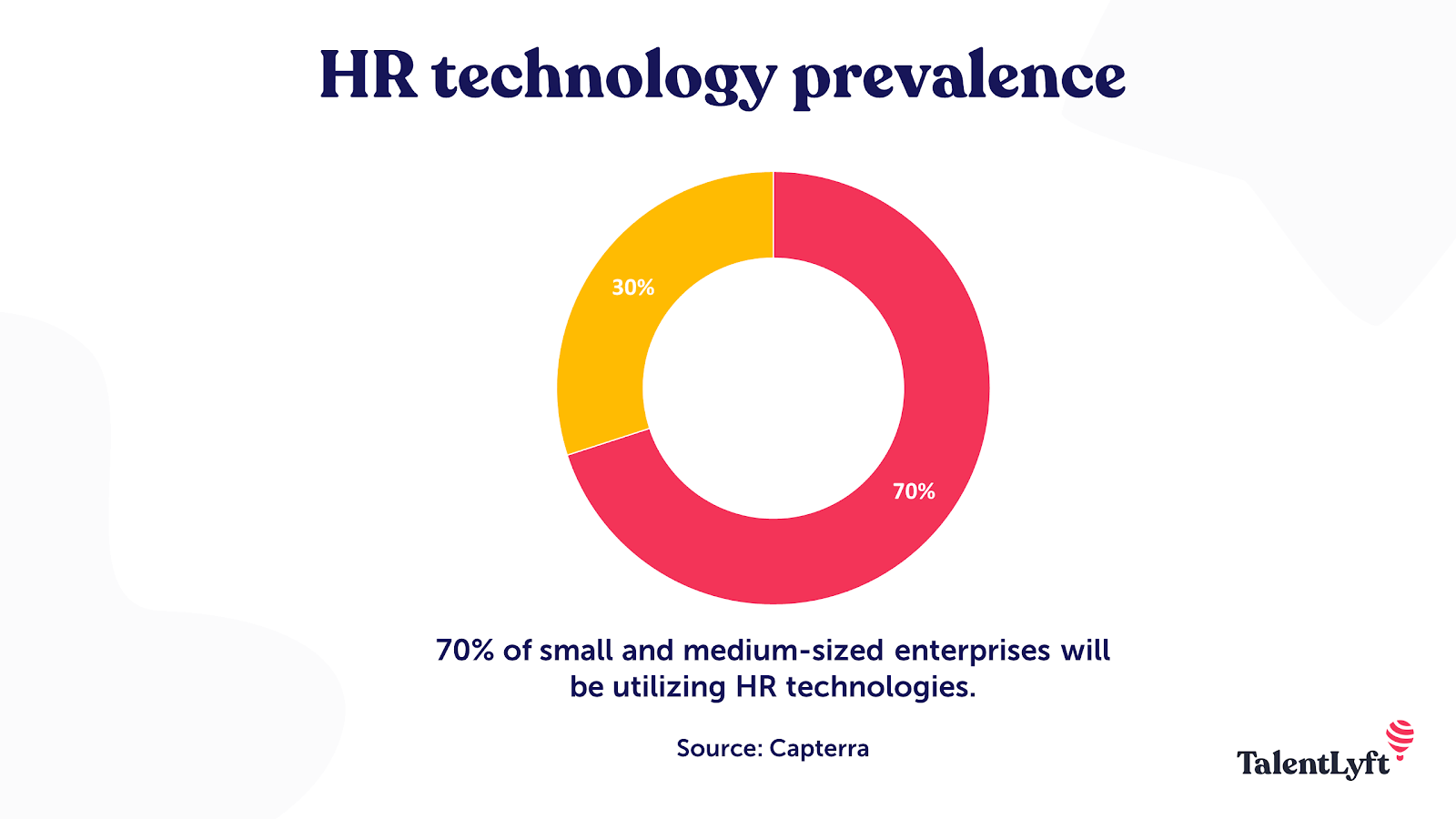
💡 This is why I believe that many companies who have switched to virtual hiring due to the COVID-19 will embrace these changes in the long term. Virtual recruiting will become the new normal, even in the post-pandemic world.
This is related to the global shift to remote work that was triggered by the COVID-19 pandemic. According to a recent Gallup’s research, almost 60% of U.S. employees who have been doing their jobs from home during the coronavirus pandemic would prefer to continue to work remotely - even after the pandemic ends!
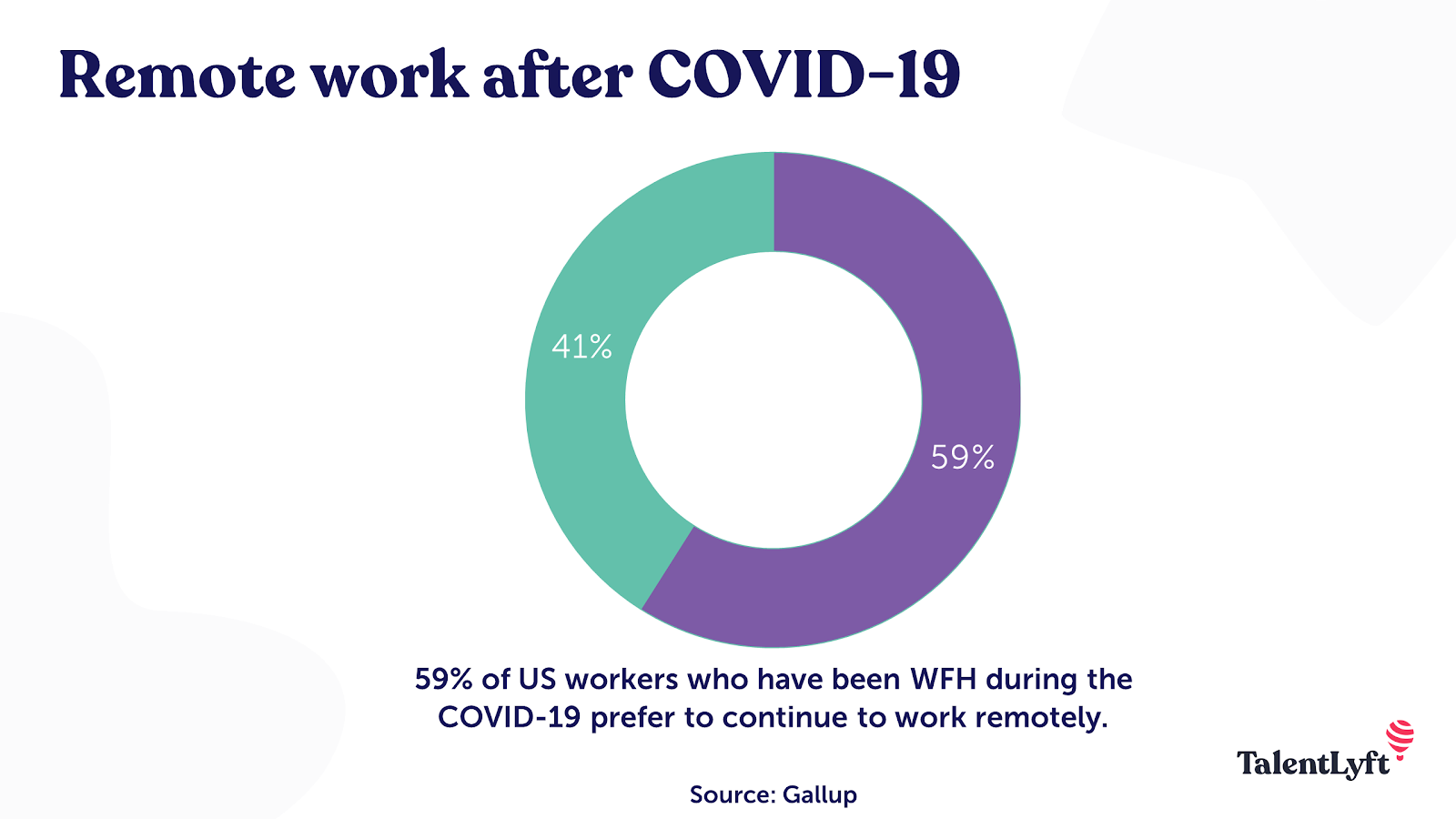
Obviously, employers will have to accommodate their wishes in order to keep top talent. Leading companies such as Twitter, Facebook and Microsoft have already announced that they will allow their employees to continue working remotely after the pandemic. With this global shift to remote work, virtual hiring is a must-have practice for the future.
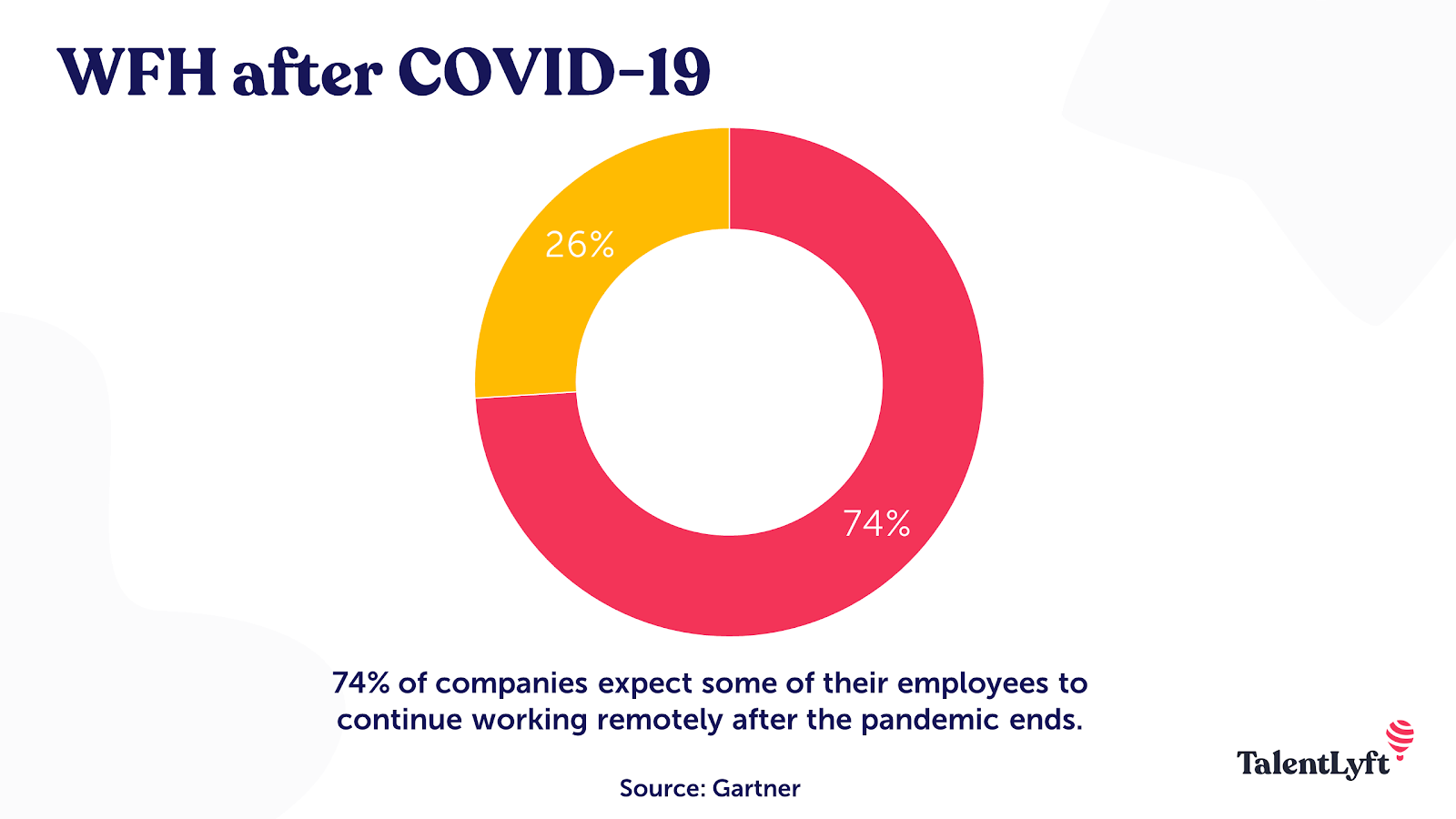
🔍 The current state of the job market
Before the pandemic, the buzzword in recruitment was a shortage of talent. Unemployment rates were lower than ever and the key challenge was attracting great candidates.
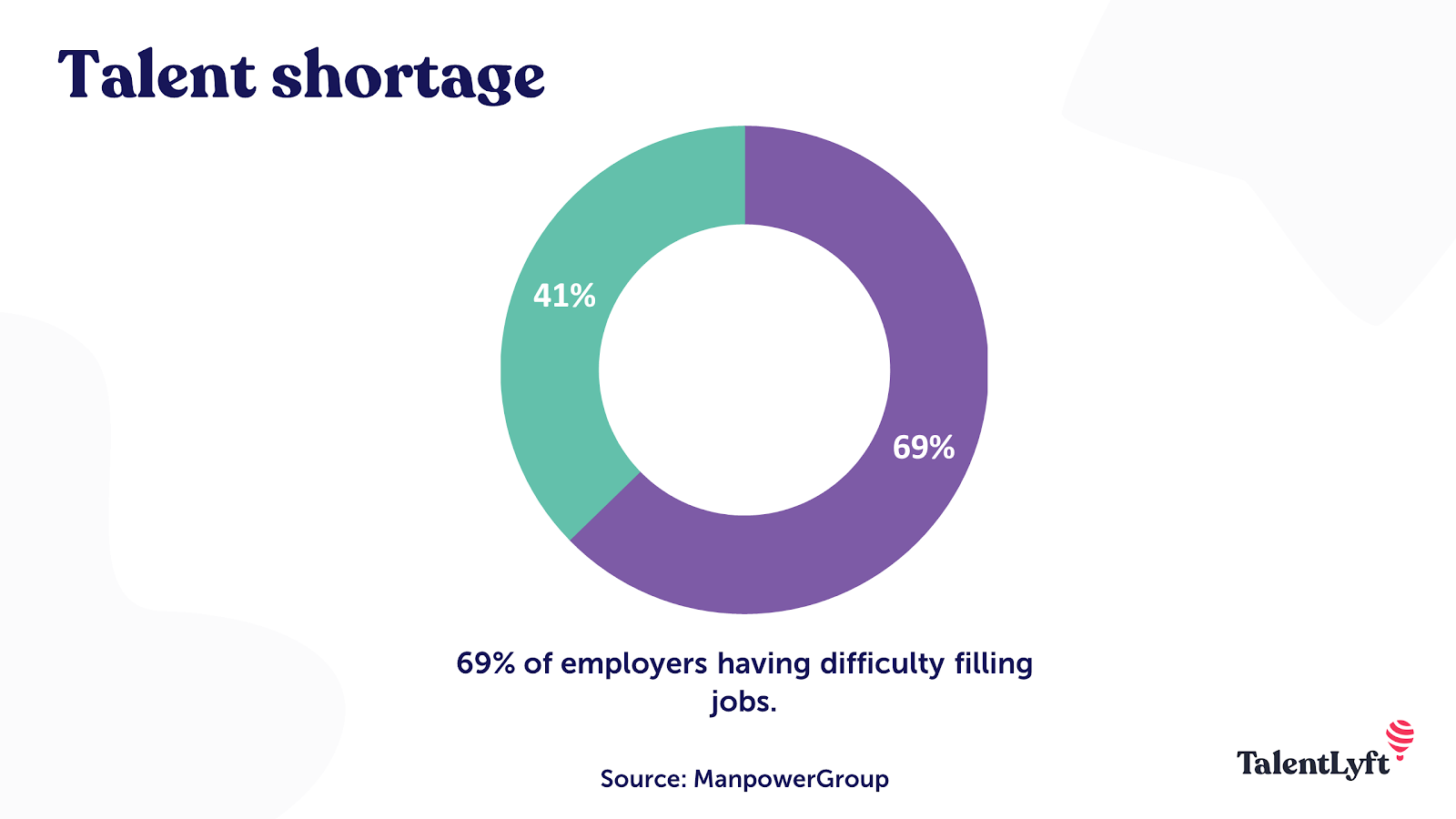
When the pandemic first started, candidates were reluctant to change jobs. In February 2020, there has been a 47% reduction of applications across all industries, according to WaveTrackR.
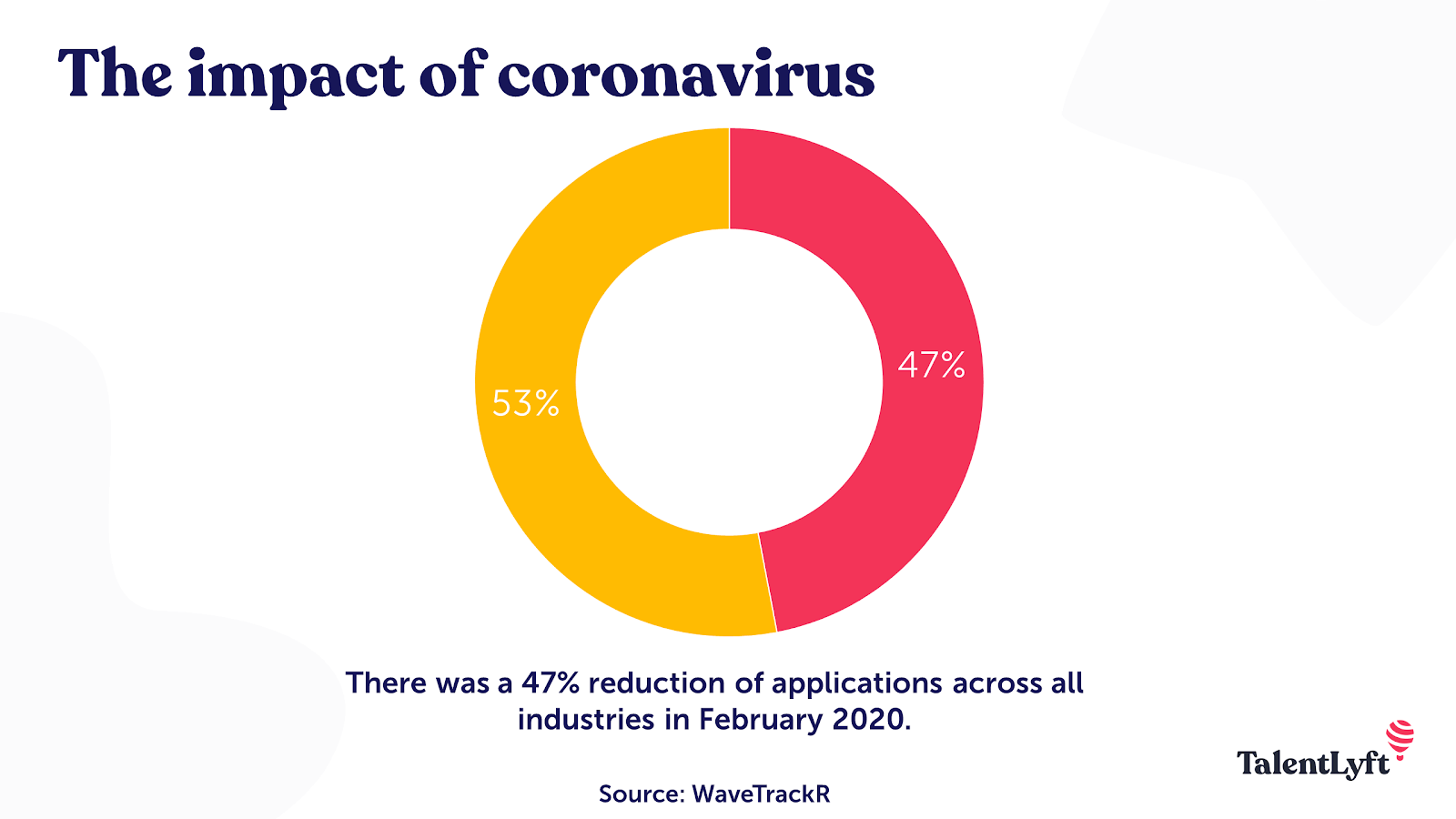
However, the tables turned fairly quickly. As many companies were forced to fire their employees, we have witnessed an unprecedented spike in the unemployment rates worldwide.
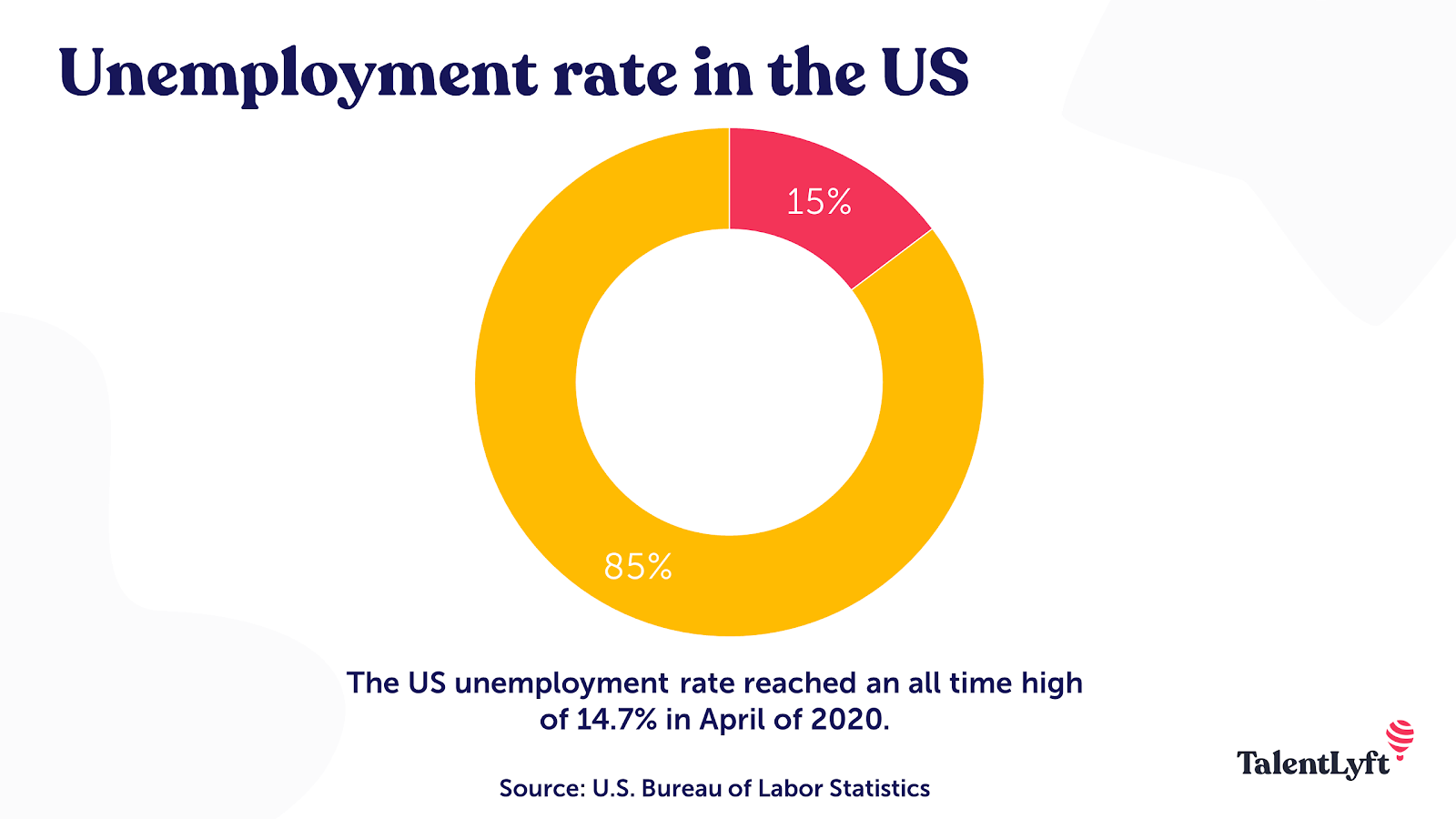
Just to put things in a perspective - the unemployment rose higher in 3 months of COVID-19 than it did in 2 years of the Great Recession! 😲 This is what we’re dealing with here, people.
🔮 How will COVID-19 impact the job market in the long run?
The job market will definitely change forever due to a sudden shift from office to remote work, triggered by COVID-19. Working from home could completely transform the job market because it will open the door to a truly globalized job market. 🌍
Before the global shift to remote work, we have seen a global competition only for executive, C-level roles. However, with this shift to remote work, companies that allow work from home will be able to hire people from all over the world.
Consequently, these companies will have an unlimited talent pool to choose from. As a result, we will have a truly global competition for every single job role! 💡
Coronavirus pandemic has definitely changed the recruitment industry, the job market and the way we recruit. More importantly, many of these changes ARE here to stay.
In the future we will witness:
A further rise of remote work
Remote recruiting will become a new normal
The job market will become truly globalized.
Are you ready for the future of work and the future of hiring? I hope you are. Because that future is NOW. 🚀


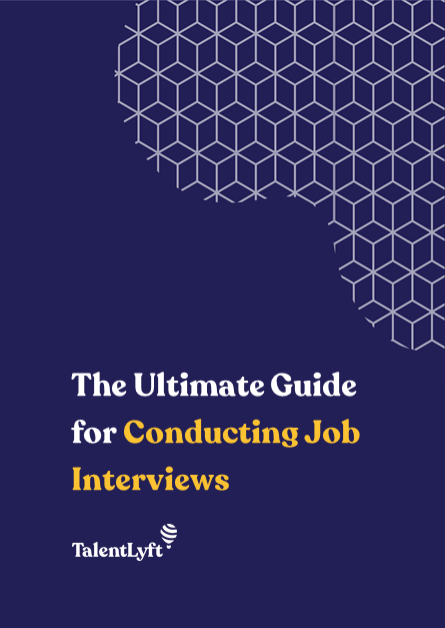


![Boolean Search for Recruiters [Actionable Guide]](https://adoptoprod.blob.core.windows.net/article/7wyu_xAg806Tm_lmFg71Rw.png)






